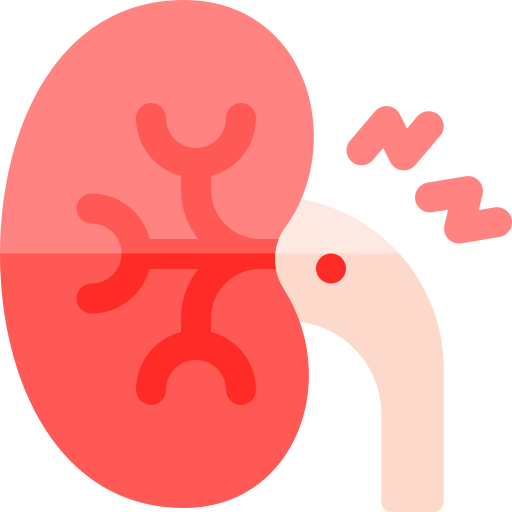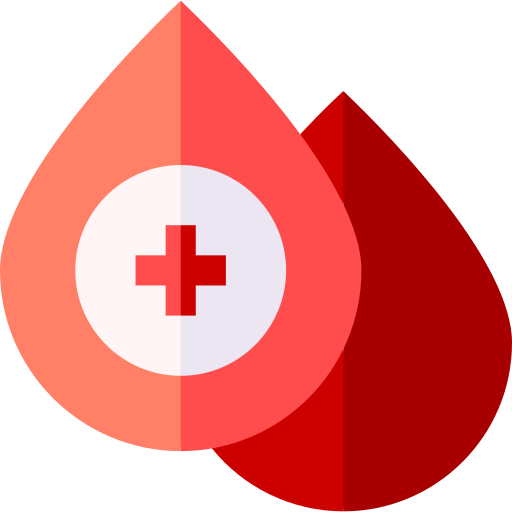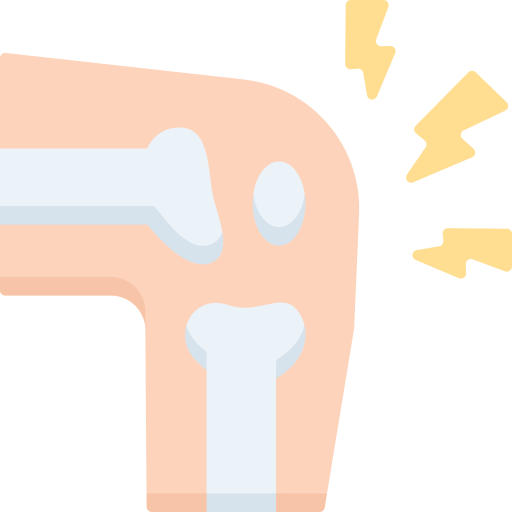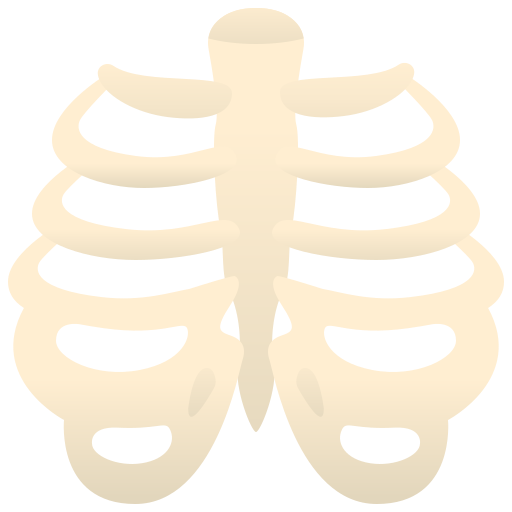Drug Screening Testing
This Study of article provides the understanding that how to examine the drug addicted persons by applying different drug screening tests, the info about testing process has been derived from the experts of Hurricane Management. Looking for the presence of one or more illegal or prescription drugs in your urine, blood, saliva, hair, or sweat. Urine testing is the most common type of drug screening. The drugs most often tested for include: Other names” drug screen, drug test, drugs of abuse testing, substance abuse testing, toxicology screen, tox screen, sports doping tests”.
What is drug screening testing?
A drug screening testing is the collection and analysis of blood, urine, hair, or saliva to detect the presence of the chemicals and contaminants left behind in the body due to drug use. A drug screen may also be used to detect performance-enhancing drugs sometimes used by professional athletes such as steroids and HGH. Many different types of drug screens exist for multiple purposes.
Laboratory provide a wide range of physical Testing Services including:
1. Urine Drug Screen
Urine drug screens are the most popular, making up 95% of the employment drug screenings conducted in the world. Its popularity is due to its low cost and simple collection process. The specimen collection usually happens at a clinic or testing facility, and the sample is then sent to a lab for screening. Depending on the type, the results will show either false or positive for a specific set of drugs.
2. Saliva Drug Screen
This drug test uses a less invasive collection process involving a swab of the mouth. However, the drug detection period is shorter than a urine drug screen test. For example, the window of detection for THC in saliva is only 7-21 hours. The substances tested for during a saliva drug screen include: marijuana, cocaine, opiates, alcohol, amphetamine, methamphetamine, (including ecstasy), and PCP.
3. Blood Drug Screening
Blood testing is the least popular of the drug screen methods due to its invasiveness, short detection window, and high price tag. Only 6% of pre-employment drug tests conducted in 2015 were blood tests. However, blood tests are also useful for detecting impairment on the job. Unlike urine, which takes several days to show toxins, a blood test can reveal toxins within minutes. Blood testing also gives the ability to measure the specific amount of an illegal substance in a person’s system. The substances tested in a blood test include: ethyl alcohol, amphetamines, barbiturates, benzodiazepines, cocaine and metabolite, phencyclidine, THC, opiates, oxycodone, methadone, fentanyl, buprenorphine, propoxyphene, meperidine, tramadol, gabapentin, and carisoprodol.
4. Hair Testing
A strand of hair acts as a timeline of a person’s substance intake history. Someone could have used marijuana months ago, yet through hair drug testing, the substance would still be detected. This is because the metabolites left behind by drug use are left in the blood, filtered through the blood vessels in the scalp, and permanently stay within the hair follicle. It can act as a backup to urine testing in certain situations. The substances tested include: amphetamines, opiates, cocaine, marijuana, phencyclidine, barbiturates, and expanded opiates (oxycodone, oxymorphone, hydrocodone, hydromorphone).
Why Drug TEST?
The Occupational Safety and Health Administration (OSHA) conducted a study in 2005 that found that, “of the 17.2 million illicit drug users aged 18 or older in 2005, 12.9 million (74.8 percent) were employed either full or part time.” They also found that 10-20% of work-related fatalities test positive for drug or alcohol. And 40% of all industrial workplace fatalities are caused by a substance abuser.
As an employer, you have a responsibility in ensuring a safe workplace for your employees. Keeping your workplace drug-free through pre-employment screenings and random testing is one of the best ways to do so.
Our Objective is that you get paid for every test you perform
Addressing Changes and Challenges Promptly
Since billing for drug screening and testing is subject to frequent and sometimes random changes, it might get complicated. CMS has introduced new billing codes in the past, only to later have them reversed or eliminated. Labs have resorted to trial and error in many cases, attempting to find the right code for a certain level of drug testing. In the last five years, significant changes in billing and coding have resulted in a significant decline in reimbursements. You must be certain that you are performing the proper screening or confirmation tests, and your billing services must accurately reflect the services you provided.
We can help you optimize your reimbursements while also ensuring that you follow guidelines including frequency problems, diagnostic codes, and payor policies. Our objective is to make sure that you get paid for the tests you perform. Audits and clawback issues can be avoided by following certain guidelines.
Prevent Complications by Choosing the Right Billing Partner
A suitable and competent billing services provider is crucial for most laboratories, especially small and medium labs that have a hard time securing insurance contracts. That means staying on top of the frequent changes to codes, such as additions, deletions, and revisions. It also entails constant communication with a variety of providers and facilities to ensure that you have access to all of the patient information and documentation needed to support the billing claim. And this needs to be accomplished quickly: the longer you wait to file a claim after the date of service, the more challenging it will be to get paid. Finally, you must engage in proactive denial management on a regular basis. These billing procedures often determine a lab’s ability to provide services and sustain in the long run.
Empowering you to focus on patient care
Because they can rely on our team to help manage and optimize their revenue, as well as keep their data and documentation organized, our clients can focus on best practices in testing and patient care. To ensure the accuracy and timely submission of claims, our certified medical billing professionals thoroughly understand the complexity of drug testing billing services. We don’t stop there, however. Our billers and coders not only keep up with coding changes and reporting requirements as they arise, but they also look forward to potential issues that may arise in the future. We take pride in identifying, correcting, and collecting on denied claims since we know that the effort we undertake today will affect your lab in the future.
Other Specialties

Hepatology

Cardiology

Urology

Oncology

Nephrology

Podiatry

Psychiatric

Psychology

Clinical Lab

Hematology

Medical Clinics

General Surgery

FQHC

Traumatology

Rheumatology

Prostheses

Dermatology

Pulmonology

Pathology Lab
